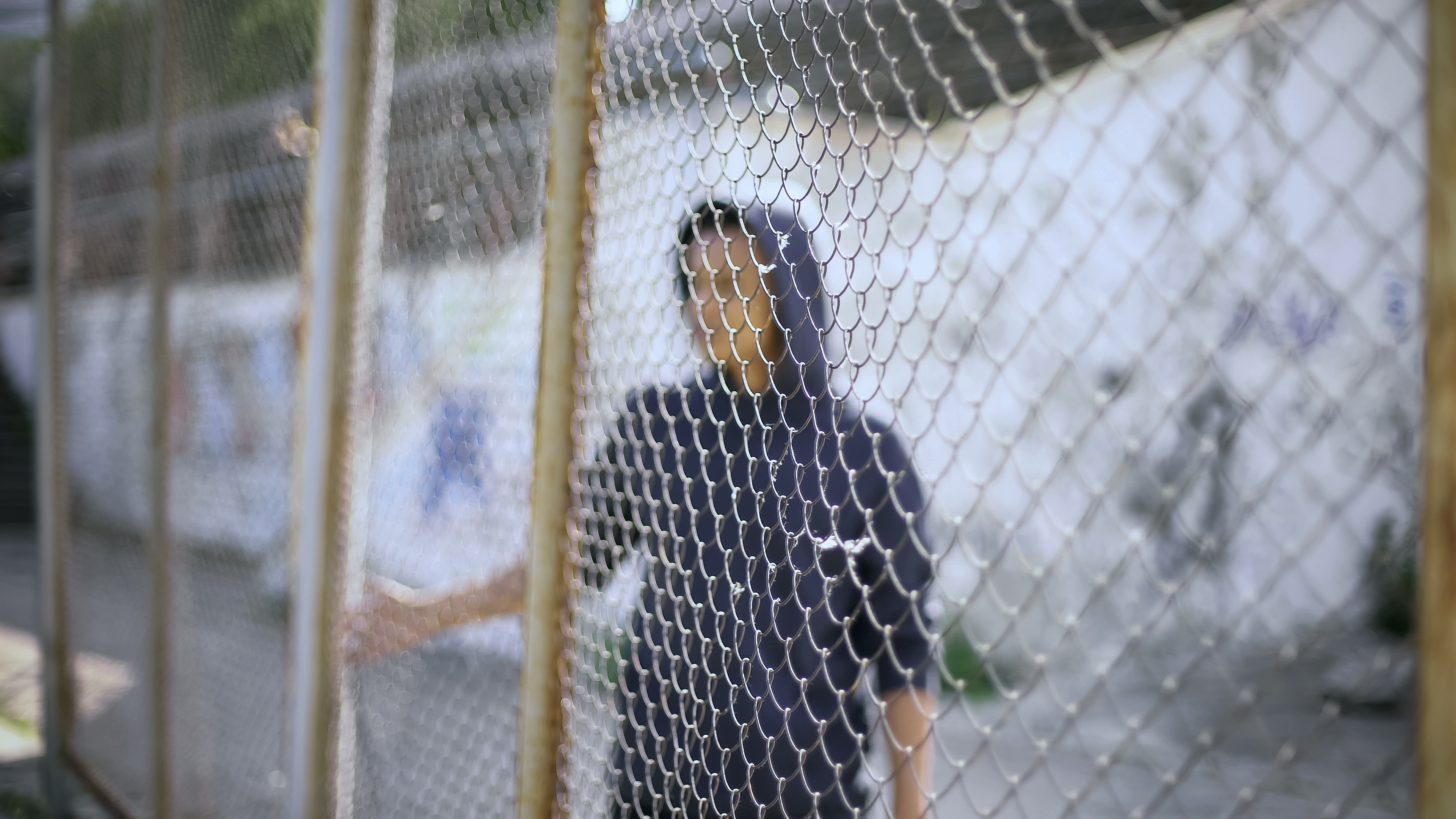Aggregated News

Robotic lie detector tests at European airports, eye scans for refugees and voice-imprinting software for use in asylum applications are among new technologies flagged as “troubling” in a UN report.
The UN’s special rapporteur on racism, racial discrimination, xenophobia and related intolerance, Prof Tendayi Achiume, said digital technologies can be unfair and regularly breach human rights. In her new report, she has called for a moratorium on the use of certain surveillance technologies.
Achiume, who is from Zambia, told the Guardian she was concerned about the rights of displaced people being compromised. She said there was a misconception that such technologies, often considered “a humane” option in border enforcement, are without bias.
“One of the key messages of the report is that we have to be paying very close attention to the disparate impact of this technology and not just assuming that because it’s technology, it’s going to be fair or be neutral or objective in some way.”
She cited the example of pushback against Donald Trump’s effort to build a wall between the US and Mexico. “You see that...



